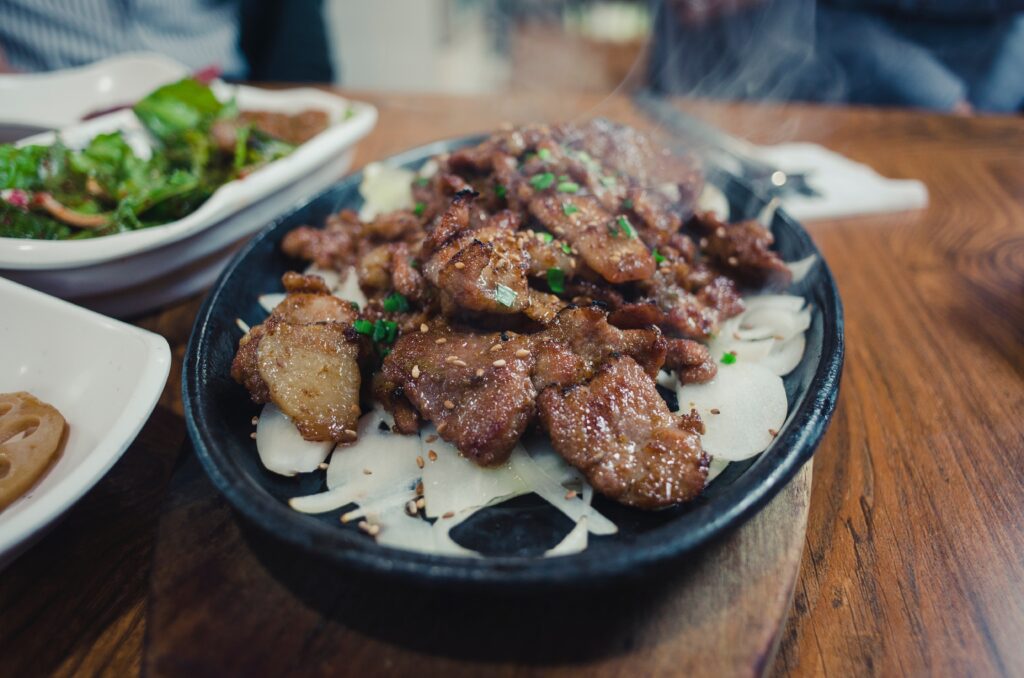
ONLY A HEALTHY MOTHER CAN GIVE BIRTH TO A HEALTHY CHILD!
When you are looking forward to a pregnancy, it is ideal to discuss it with your doctor as he/she can assess your health status to be able to carry a healthy pregnancy. This assessment mainly includes blood tests (hemoglobin, iron level, blood sugar, thyroid function tests, etc), weight, and blood pressure. It is recommendable to begin pregnancy at an ideal weight and optimal blood pressure level in order to avoid complications arising from these health conditions. Many women are clueless about pregnancy diet that should to adhered to in order to have a healthy baby. It is important to add proteins and healthy carbohydrates to enhance weight gain and stay away from excessive fatty foods.
Herewith are few ingredients that are healthy and practically easy to be incorporated into the pregnancy diet:

1.Peanuts: A small bowl (indian vati — 30 grams)of peanuts provides 7.5 grams of proteins and 170 calories. Peanuts also contain a good combination of monounsturated fatty acids and polyunsaturated fatty acids which are good for heart health. Pregnant women can look forward to adding peanuts in their diet either in boiled form (in salads/ rice) or in roasted powdered form (in gravies), one such common recipe is Maharashtrian style brinjal vegetable which contains roasted and powdered peanuts in gravy. Roasted and powdered peanuts can also be added to curd to make raita.

2. Soya: Soya is an excellent source of good quality proteins and it can be added in varied ways in the diet. Soya flour (10%) can be incorporated into chapati flour (90%) to make chapatis/ parathas. Soya granules can be added to tossed salads, vegetable tikkis, curries, etc while soya chunks can be added to pulao or biryani. Soya chunks can also be marinated in olive-oil-based or curd-based marinations. Soya chunks can be boiled and roasted to make bhuna soya masala which can be relished with parathas. Soya is a beneficial ingredient and pregnant women should look forward to adding 25–30 grams daily for obtaining good quality proteins and healthy calories.

3. Eggs: Eggs are great sources of B complex vitamins especially folic acid which is essential for the formation of blood in the child and to avoid neural tube defects. Eggs are also a source of high biological value protein, i.e the proteins obtained from them can be utilized efficiently by our body. The addition of 2 eggs to the pregnancy diet can prove to be extremely beneficial in gaining optimal nutrition to facilitate child growth. Eggs can be added to the daily diet in either boiled form/ scrambled form/ bhurji form/ omlette form/ poached form, etc.

4. Cottage cheese: For the ones who are vegetarians and cannot prefer eating eggs, they can opt for low-fat cottage cheese i.e. paneer made from cow milk. Paneer from buffalo milk should be avoided as it contains excess fats. The addition of 40–50 grams paneer can prove to be extremely beneficial to add necessary proteins to the diet of pregnant women. It helps in ensuring optimal growth and development of the baby. Paneer can be added in grated form upma/ salad/ parathas/ tikkis/ vegetables. It can also be added as a filling in chapati rolls/ tomato omelets/ sandwiches/ momos, etc. Paneer cubes can be added to gravies/ pulao/ tossed in salads.

5. Green leafy vegetables: Green leafy vegetables are good sources of vitamins as well as minerals. As they contain high moisture content, they are very low in calories. They can be added to various recipes like soups/ salads/ sandwiches/ burgers/ gravies/ pasta/ noodles/ rice, etc. One of the best ways in which green leafy vegetables are added to the Indian diet is with parathas and dals – for example, palak paratha/ methi thepla/ combination of tur dal with palak (spinach), moong dal with sua bhaji (dill leaves), moong dal with methi leaves, etc. The addition of 100 – 150 grams of green leafy vegetables adds to the overall nutritive value of food for the pregnant woman.
Bonus health tip for pregnant women:

6. Dried dates: Dry dates have harder skin as compared to normal dates as their moisture content is lost. They are good sources of dietary iron for women who are vegetarians. The mineral iron is extremely essential during pregnancy to help in blood formation. The addition of 2–4 dried dates to the daily diet of pregnant women can prove to be beneficial. It can be added to warm milk along with other dry fruits or it can be added to laapsi (sweetened broken wheat). It can also be added to milk and cereal if used for morning breakfast.



